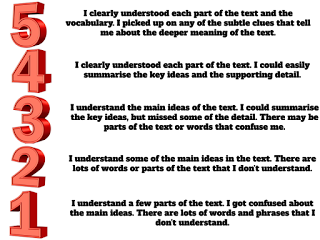What could be the focus of my 2021 inquiry?
Our Manaiakalani cluster data for 2020 painted a very clear picture as to what we need to focus on this year: Reading and Maths. While our writing data continues to show accelerated progress, we are making the expected years progress in a year in maths and reading. This would be perfectly fine if our students were achieving at the expected level, but this is not the case. When I completed my honours dissertation I had a focus on maths and had strong results. Unfortunately the next year we had Maths PD which meant I had to stop using the intervention and try a different approach. This year I am able to go back to my original intervention and while I will modify it and add the new things that I have learnt to it, I am confident I will be able to increase my students achievement data. Therefore, it makes sense for me to focus on reading this year. A problem that our cluster has had consistently is that the rate of achievement progress slows over time, particularly in yea...



